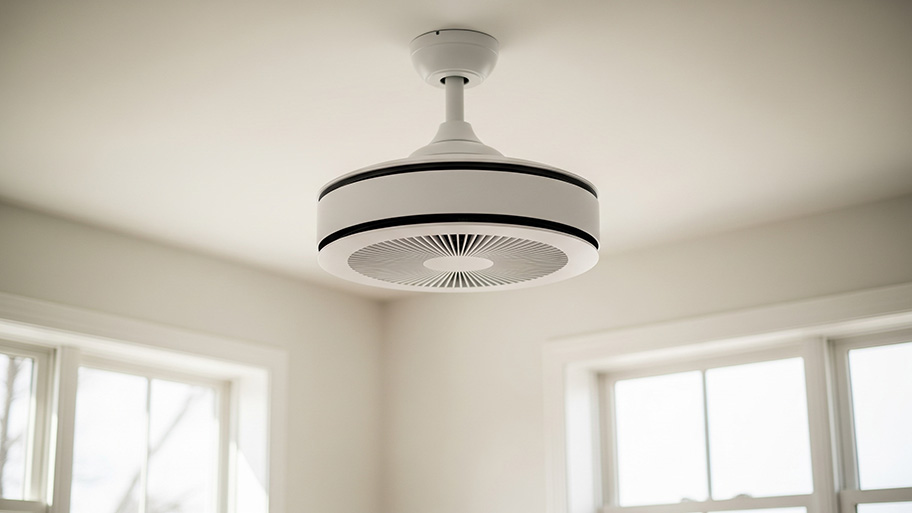
Get matched with top ceiling fan pros in Columbia, NC
Enter your ZIP and get matched with up to 5 pros
Need a pro for your ceiling fan service project in Columbia, NC?
Verified Reviews for Ceiling Fan Service pros in Columbia, NC
*The Angi rating for Ceiling Fan Service companies in Columbia, NC is a rating based on verified reviews from our community of homeowners who have used these pros to meet their Ceiling Fan Service needs.
*The HomeAdvisor rating for Ceiling Fan Service companies in Columbia, NC is a rating based on verified reviews from our community of homeowners who have used these pros to meet their Ceiling Fan Service needs.
Last update on December 07, 2025
Find Ceiling fan pros in Columbia
Coastal Property Management Services
Coastal Property Management Services
Offering all residential and commercial property maintenance services. Don't try DIY we can do It for You. One call
Offering all residential and commercial property maintenance services. Don't try DIY we can do It for You. One call
Brown's Cleaning Service
Brown's Cleaning Service
Service hvac cleaning house or cabin and yard work and ele repair i any thing
Service hvac cleaning house or cabin and yard work and ele repair i any thing
Under Control Maintenence
Under Control Maintenence
Offer a multitude of home repairs and general maintence. Fully insured.
Offer a multitude of home repairs and general maintence. Fully insured.
Earl Hoggard"s Heating, Air, and Appliance Service
Earl Hoggard"s Heating, Air, and Appliance Service
I have been doing all kinds of maintenance work for over 15 years. I do a wide range of repairs. Call and schedule today.
I have been doing all kinds of maintenance work for over 15 years. I do a wide range of repairs. Call and schedule today.
KMB Construction Unlimited
KMB Construction Unlimited
Sub Contractors specialize in turn key Drywall Hanging and Finishing Painting
Sub Contractors specialize in turn key Drywall Hanging and Finishing Painting
Fountain Electric Services
Fountain Electric Services
Residential Electrical, Commercial Electrical, Industrial Electrical
Residential Electrical, Commercial Electrical, Industrial Electrical
wc maintenance
wc maintenance
FULL SERVICE HOME-BUSINESS-LAND MAINTENANCE, REPAIR AND MANAGMENT COMPANY
FULL SERVICE HOME-BUSINESS-LAND MAINTENANCE, REPAIR AND MANAGMENT COMPANY
Dream, Design & Build, LLC
Dream, Design & Build, LLC
Design (CAD, Computer Aided Design) of Additions, New Home and Small Commercial Renovations.
Design (CAD, Computer Aided Design) of Additions, New Home and Small Commercial Renovations.
Reliable Contracting
Reliable Contracting
we have a very honest and reliable 4 person crew,and we are dedicated to our jobs as well as profession
we have a very honest and reliable 4 person crew,and we are dedicated to our jobs as well as profession
The Columbia, NC homeowners’ guide to ceiling fan services
From average costs to expert advice, get all the answers you need to get your job done.

If your ceiling fan stops working due to a bad motor or broken pull chain, here’s what you can expect to pay to get it fixed.
 •
•Discover the cost to install a ceiling fan, including labor, materials, and tips to save. Learn what impacts your price and how to budget for your project.

Learn how to wire a ceiling fan with a light directly from a power source or wall switch and add a convenient remote control. Follow this step-by-step guide.

Removing a ceiling fan is an easy task that any handy DIYer can tackle. Follow the five steps in this guide to learn how to remove a ceiling fan.

Are traditional ceiling fans slowly becoming a thing of the past? The famously quiet and efficient bladeless fans are now appearing right above our heads.

If your ceiling fan is wobbling, it’s likely a simple problem. Check out these common reasons why your ceiling fan wobbles and their quick solutions.
- Creswell, NC Ceiling fan pros
- Hertford, NC Ceiling fan pros
- Roper, NC Ceiling fan pros
- Winfall, NC Ceiling fan pros
- Elizabeth City, NC Ceiling fan pros
- Edenton, NC Ceiling fan pros
- Camden, NC Ceiling fan pros
- Powells Point, NC Ceiling fan pros
- Harbinger, NC Ceiling fan pros
- Point Harbor, NC Ceiling fan pros
- Plymouth, NC Ceiling fan pros
- Jarvisburg, NC Ceiling fan pros
- Engelhard, NC Ceiling fan pros
- Grandy, NC Ceiling fan pros
- Tyner, NC Ceiling fan pros
- Poplar Branch, NC Ceiling fan pros
- Manteo, NC Ceiling fan pros
- Pantego, NC Ceiling fan pros
- Kill Devil Hills, NC Ceiling fan pros
- Shawboro, NC Ceiling fan pros
- Kitty Hawk, NC Ceiling fan pros
- Southern Shores, NC Ceiling fan pros
- Belhaven, NC Ceiling fan pros
- Barco, NC Ceiling fan pros
- Coinjock, NC Ceiling fan pros
- Wanchese, NC Ceiling fan pros
- Nags Head, NC Ceiling fan pros
- Corolla, NC Ceiling fan pros
- Jamesville, NC Ceiling fan pros
- Colerain, NC Ceiling fan pros
- Kitchen And Bath Remodeling in Columbia
- Home Builders in Columbia
- Swimming Pools in Columbia
- Deck Maintenance in Columbia
- Fencing in Columbia
- Tree Service in Columbia
- Exterior Painting in Columbia
- Moving in Columbia
- Plumbing in Columbia
- Roofing in Columbia
- Siding in Columbia
- Septic Tank in Columbia
- Countertops in Columbia
- Carpet Cleaning in Columbia
- Concrete Repair in Columbia
- Small Appliance Repair in Columbia
- Contractor in Columbia
- Insulation in Columbia
- Flooring in Columbia
- Pest Control in Columbia
- Home Inspection in Columbia
- Property Appraiser in Columbia
- Garage Doors in Columbia
- Drywall in Columbia
- Awnings in Columbia
- Water And Smoke Damage in Columbia
- Asbestos Removal in Columbia
- Painting in Columbia
- Excavating in Columbia
- Concrete Leveling in Columbia
- 🌱 "Mow a small front yard"
- 🛠 "Fix a leaking pipe under the sink"
- 🏠 "Repair shingles on an asphalt roof"

